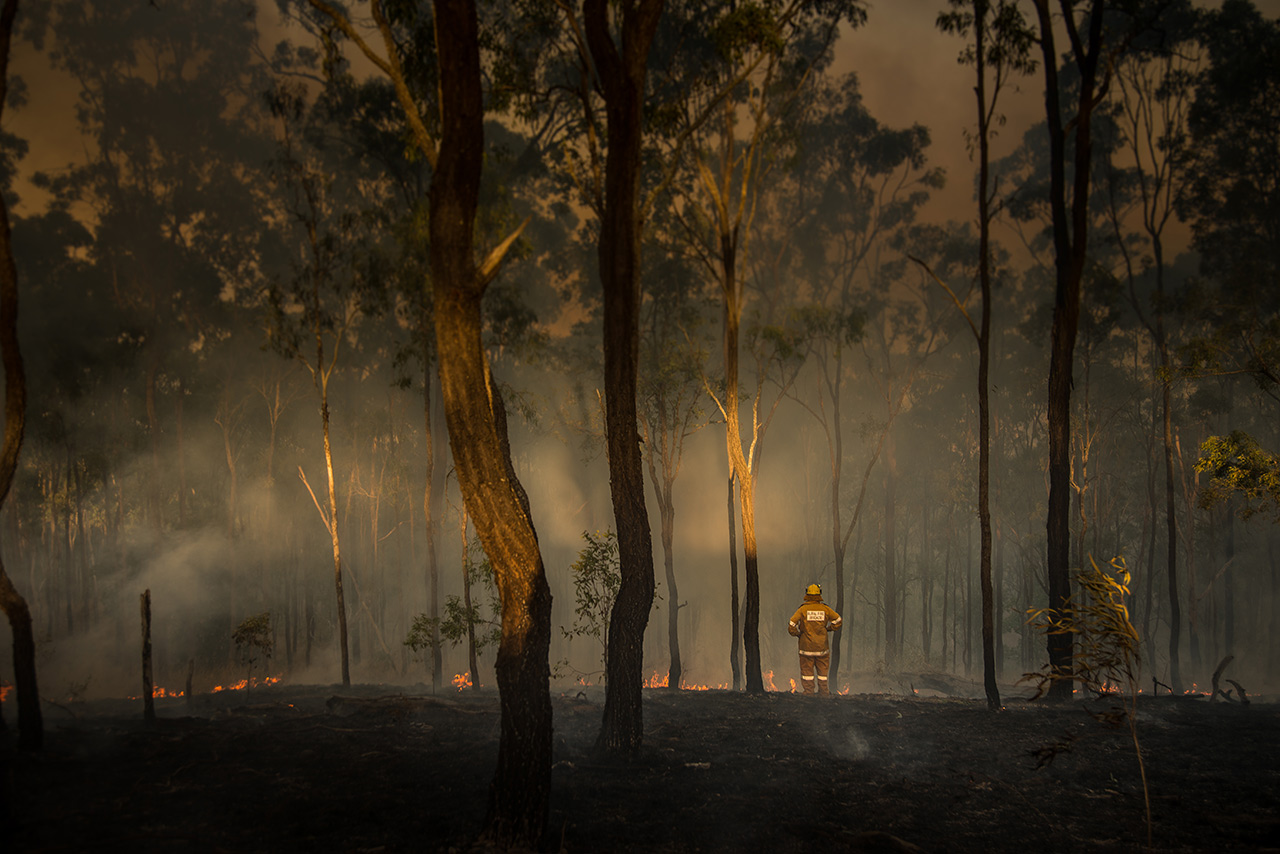We welcome you to watch the recording of the webinar, where top panelists discussed the challenges faced by the energy sector and our societies, and the solutions that will help us mitigate climate change. Excellent discussion was at the heart of the matter: We need to have strong collaboration in all our efforts in solving Global energy challenges.
This Outlook aims to give the ‘bigger picture’ on climate change, global energy challenges and consider how we can reverse the situation.
We will demonstrate how complex an issue climate change is, and that there’s no single solution that will solve the problem. Energy is at the core of the matter. Therefore, this Outlook will consider the complexity of the energy system and how it needs to be changed a bit at a time, in conjunction with the continuation of our modern life on this planet.
Most of the data is taken from respected sources like IEA and IPCC and is used with the intention of delivering the core messages. Any actions taken should be derived from science and research-based knowledge, and must focus on delivering global solutions to the global energy and climate challenge.
The ideas and solutions presented in this Outlook will focus on total life cycle emissions. This is the only way to have meaningful solutions with positive impact. All other ways are a suboptimisation of the problem.
Our vision is to be the leading producer and seller of CO₂ -aware energy. This means that we solve global energy challenges in a way that enables societal and climate well-being now and in the future. All our actions are aimed at positive societal impact.

The business of powering our everyday needs in regional silos has come to an end. The climate emergency has changed this. The energy challenge that we and future generations face, if not solved quickly, will have serious consequences.

Our behaviour lies at the root of our energy challenge and the increasing population, economy and energy demand multiply its effect.

The energy transition requires close co-operation and support from digitalisation. To achieve a system-level energy transition in time, we should first define and agree the paths toward our common target.
